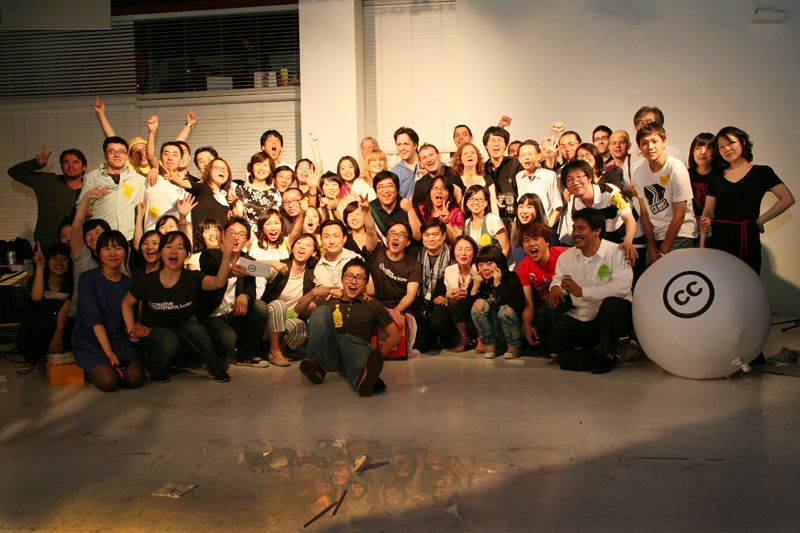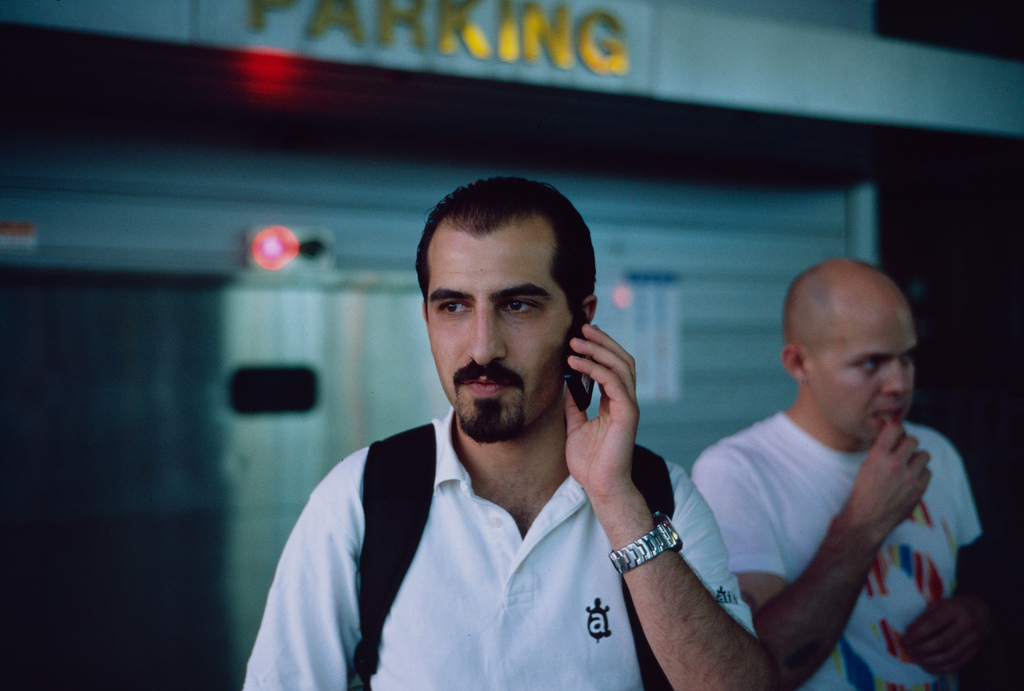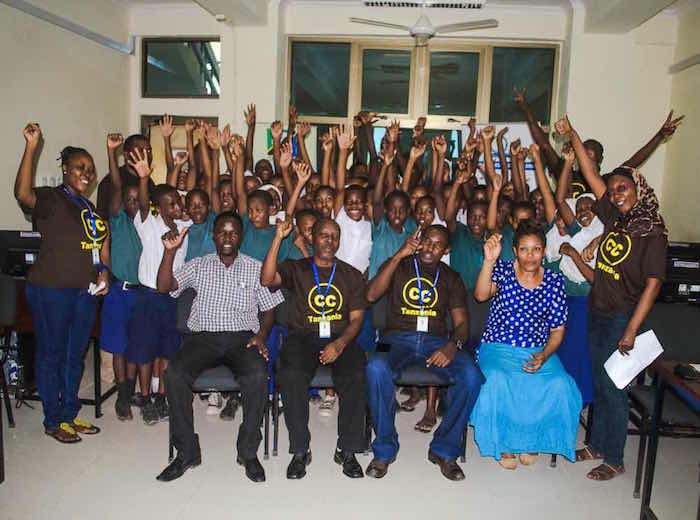edX makes it easy for authors to share under Creative Commons
mardi 2 juin 2015 à 18:59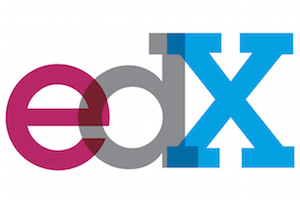
edX has added the ability for authors to apply a Creative Commons (CC) license to their courses and videos on its platform. More than 50 academic institutions, including MIT and Harvard, use edX to offer free courses that anyone in the world can join. Now, authors at these institutions and elsewhere may license their courses for free and open reuse directly on the edX platform.
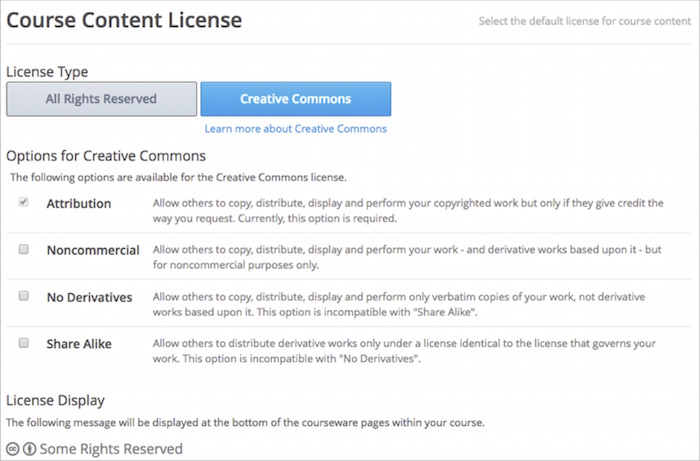 edX license chooser. edX has also developed this step-by-step guide for course authors and a learners guide on adding CC licenses to courses and videos.
edX license chooser. edX has also developed this step-by-step guide for course authors and a learners guide on adding CC licenses to courses and videos.
With the addition of the CC license suite, edX joins the global Open Educational Resources (OER) movement. The CC licenses make education content accessible and expand opportunities for innovation by providing everyone with the legal permissions to reuse, revise, remix, redistribute and retain educational resources.
Since massive open online courses (MOOCs) were first launched, CC has advocated that MOOCs have both open admission (in the classic Open University tradition) and provide authors the option to share their content as OER under Creative Commons licenses.
edX’s addition of the CC license suite is the result of demands for CC licensing options in edX from many schools and partner Universities who were already sharing their content under CC on other platforms. Special thanks goes to the Open Education Consortium’s OECx partners who pushed edX to add CC to the platform for their courses.
The Delft University of Technology played a major role in this work. During Open Education Week 2014, Willem van Valkenburg of TU Delft organized an Open.EdX hackathon to create a CC license plugin for edX. The winning plugin — developed by FeedbackFruits — made it simple to add a CC license to an edX course.
“TU Delft is all about open, so openMOOCs is what we prefer. Thanks to FeedbackFruits we can now publish our courses with a Creative Commons license.” — Willem van Valkenburg
Congratulations to edX for its leadership in furthering the Commons. We hope Coursera, FutureLearn, and other education platforms will follow edX’s lead and offer the CC license suite for their authors and academic partners.
edX joins CC’s new Platform Initiative, which works to create easy, clear, and enjoyable ways for users to contribute to the commons on community-driven content platforms. If you are a platform that would like to join this movement for the commons, please get in touch!
See edX’s post.
